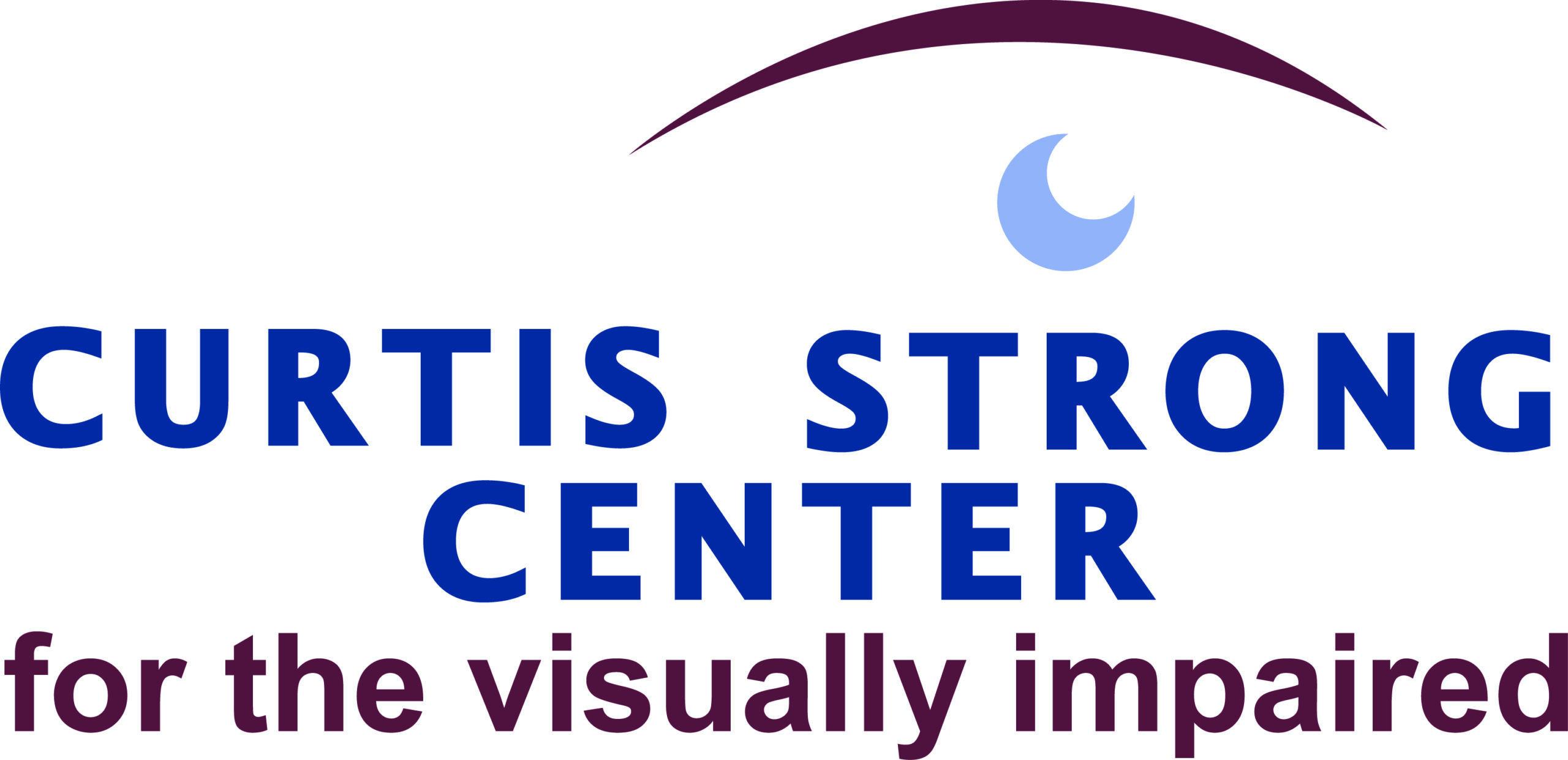[vc_row][vc_column][vc_column_text]Almost half of stroke assessments do not assess vision. A recent University of Liverpool-led review of post-stroke screenings for visual impairments found that while 65-percent of stroke survivors suffer from a visual impairment, 45-percent of stroke units do not assess vision at all. The review states there is an urgent demand for a tool to examine survivors’ vision.
Visual impairment can significantly reduce the quality of life of stroke survivors, leaving many unable to return to work or to drive and resulting in depression as well as difficulties for families. In contrast, identifying visual impairment after stroke can aid in general rehabilitation and improve quality of life.
The review was led by postgraduate researcher Kerry Hanna from the University’s Institute of Psychology, Health, and Society. It examined available literature about current screening method designed to accurately identify stroke survivors with visual impairments. It included reviews of randomized controlled trials, cohort studies, observational studies, systematic reviews, and retrospective medical note reviews. It found that there is currently no standardized visual screening tool which can accurately assess all potential post-stroke visual impairments. Findings were published in The Journal of Disability and Rehabilitation on September 27, 2016.
Hanna noted, “The current tools screen for only a number of potential stroke-related impairments, meaning many visual defects may be missed. The sensitivity of those which screen for all impairments is significantly lowered when patients are unable to report their visual symptoms.
“Future research is required,” she said, “to develop a tool capable of assessing stroke patients which encompasses all potential visual deficits and can also be easily performed by both the patients and administered by healthcare professionals in order to ensure all stroke survivors with visual impairment are accurately identified and managed.”
The review was funded by the Collaboration for Leadership in Applied Health Research and Care North West Coast (CLAHRC NWC). The information in this post came from the University of Liverpool website.[/vc_column_text][/vc_column][/vc_row]

